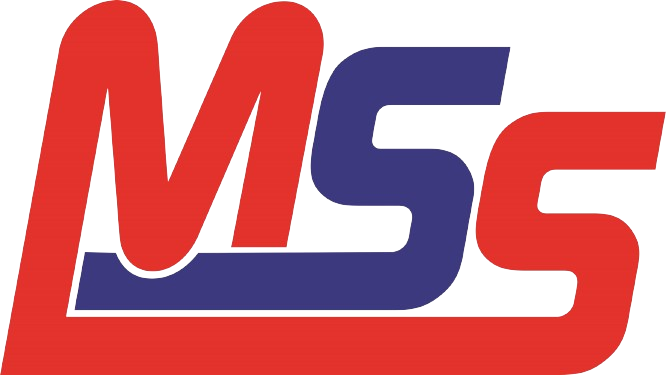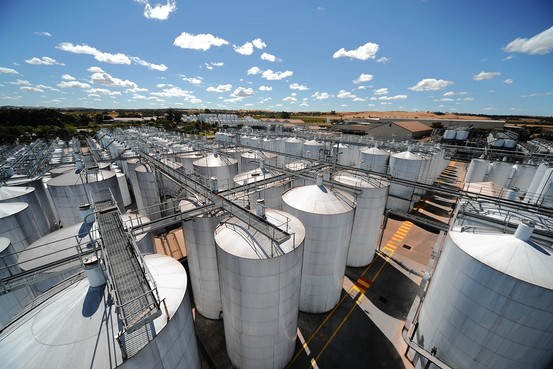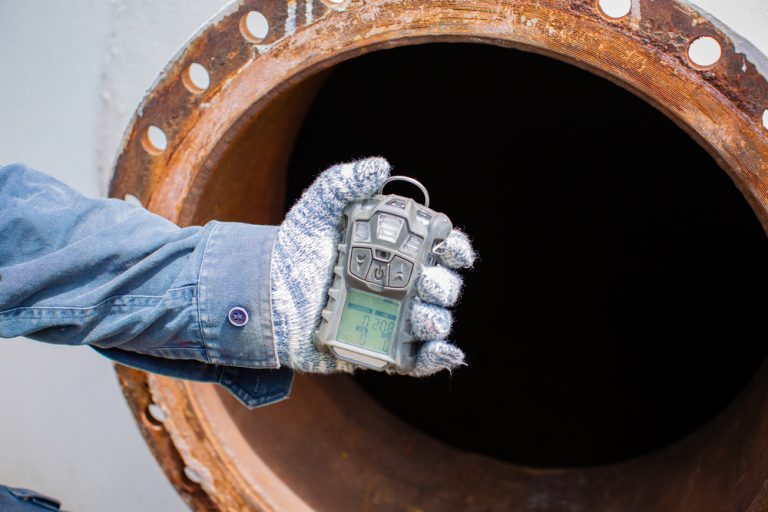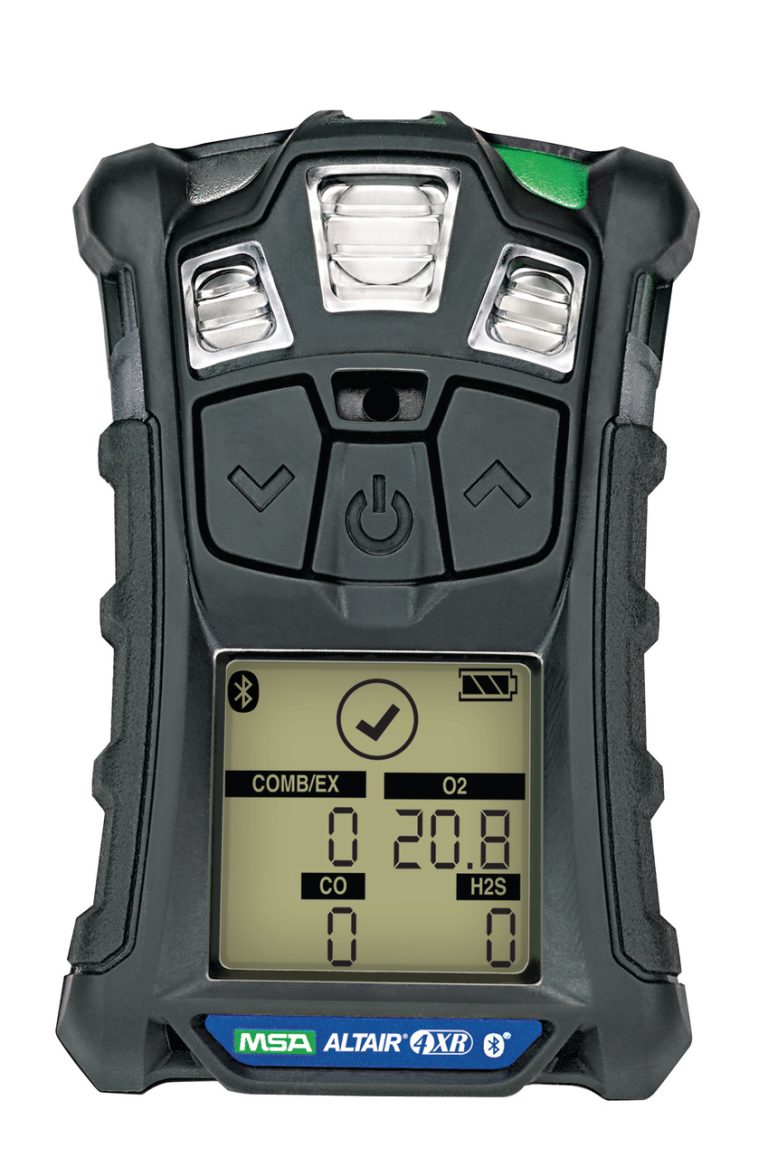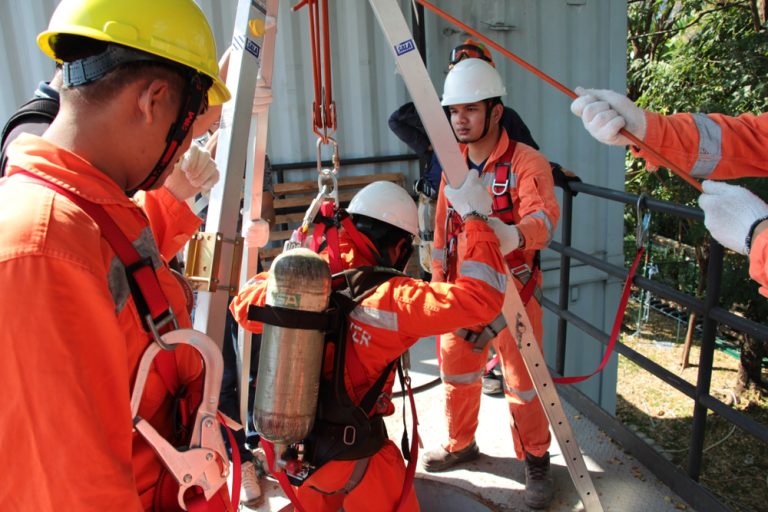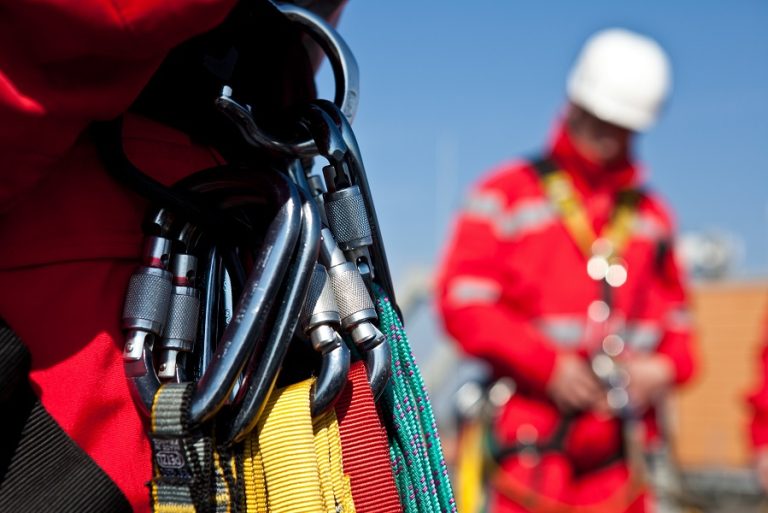CO2 Detection and Monitoring: Winery and Brewing Operations
In Australia, the production of wine and beer is a thriving industry, but it also comes with inherent risks, particularly related to carbon dioxide (CO2) exposure.
To be compliant with the Work Health and Safety (WHS) Act and Regulations, persons conducting a business or undertaking (PCBU) must ensure the health and safety of their workers by managing these risks effectively.
What is CO2 and what effect does it have on humans?
CO2, a by-product of fermentation in both winemaking and brewing processes, is colorless, odorless, and potentially hazardous, especially in confined or poorly ventilated spaces. Monitoring CO2 levels and detecting changes in levels is crucial to prevent dangerous exposure and ensure compliance with WHS regulations.
CO2 exposure can have serious effects on human health. Even at relatively low concentrations, it can cause symptoms like headaches, dizziness, and shortness of breath. Prolonged or higher exposure can lead to more severe conditions; unconsciousness, asphyxiation, or death.
Where do CO2 risks exist in winery & brewing operations?
These risks are amplified in confined spaces. In fermentation tanks or cellars, where CO2 can accumulate without effective ventilation, CO2 can displace oxygen, creating an asphyxiation hazard.
As per the WHS Regulations, employers (PCBU) must identify potentially hazardous atmospheres and ensure that control measures, such as proper ventilation and gas detection & monitoring systems, are in place to mitigate the risks.
How do we detect & monitor CO2 levels?
PCBUs may implement both portable and fixed gas detection systems as part of a comprehensive risk management strategy.
Portable CO2 detectors are essential for personnel working in areas where CO2 may be present, allowing workers to continuously monitor air quality in real-time.
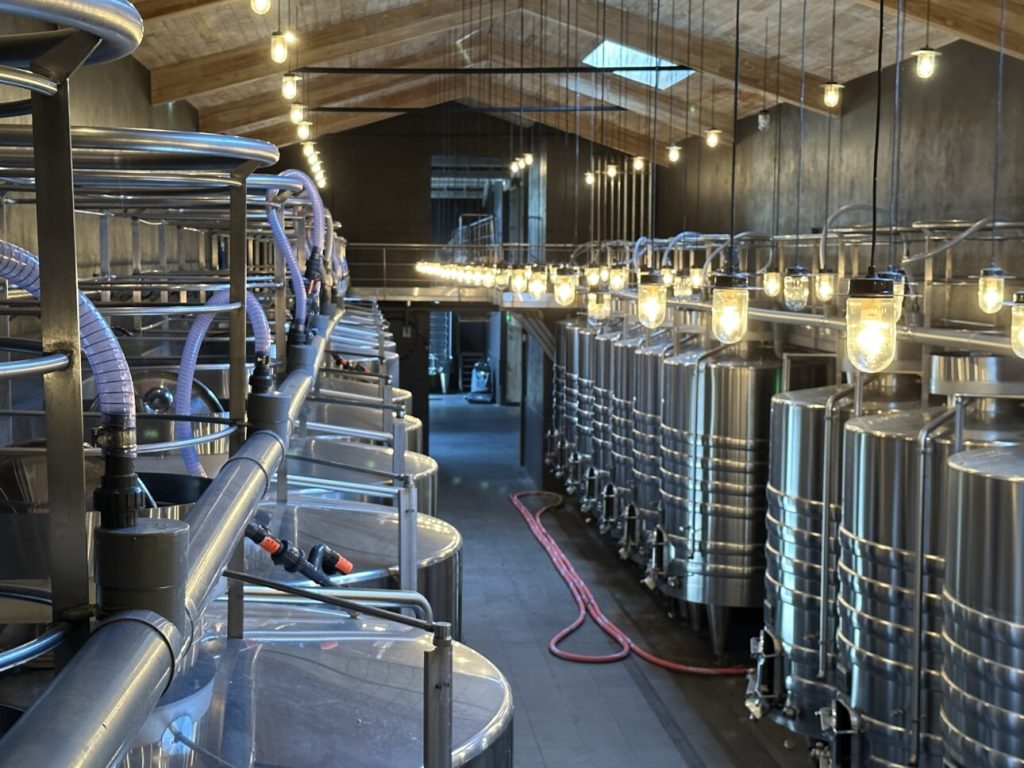
These devices are designed to alert workers when CO2 levels exceed safe exposure limits, giving them the opportunity to evacuate the area before exposure becomes dangerous.
Fixed gas detection systems, on the other hand, provide continuous monitoring in critical areas, such as fermentation rooms, ensuring that CO2 levels remain within safe limits and automatically triggering alarms or ventilation systems, to manage the atmosphere, if a leak or build-up occurs.
What are the exposure limits for CO2 in Australia?
Workplace exposure standards in Australia, as outlined in Safe Work Australia’s guidelines, define the permissible exposure limit for CO2. The time-weighted average (TWA) exposure limit is set at 5,000 parts per million (ppm), or 0.5%vol, accumalated over an 8-hour workday, while the short-term exposure limit (STEL) is set at 30,000 ppm, 3.0%vol, accumalated over a 15-minute period.
Monitoring systems must be capable of detecting CO2 concentrations at these levels to prevent long-term health issues for workers. Additionally, continuous exposure to concentrations above 30,000 ppm can become fatal very quickly if unchecked, underscoring the critical importance of effective monitoring and immediate response protocols.
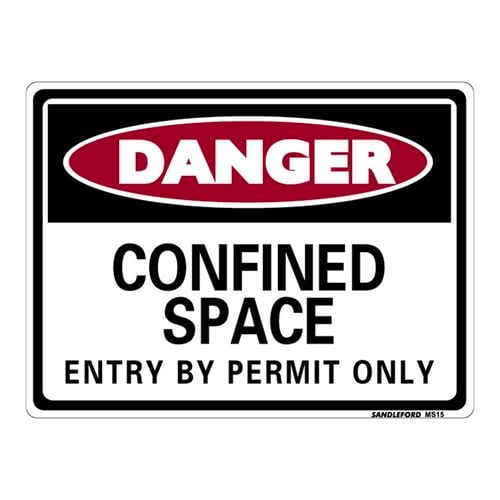
Under the WHS Regulations, a confined space is defined as an enclosed or partially enclosed area, where there is a risk that hazardous gases may accumulate.
Winemakers and brewers must conduct risk assessments for these spaces and implement appropriate controls, such as ventilation, gas detection, and access restrictions.
Do workers need to be trained to deal with CO2 safely?
Workers entering these spaces must be trained and equipped with portable CO2 monitors and proper personal protective equipment (PPE), and PCBUs are required to have effcetive emergency procedures in place in case of CO2 or other exposure.
In conclusion, monitoring and detection is a critical component of ensuring the safety of workers in winery and brewing operations. Deploying portable and/or fixed gas detection systems, in conjunction with proper ventilation and confined space management, protects both personnel and the PCBU from serious risks.
Want to learn more?
If you want to learn more about Confined Spaces, gas detection equipment, safe work practices or servicing of equipment, contact us here.
MSS provide a large range of portable and fixed detection systems to all sizes and budgets.
#DarenSays
